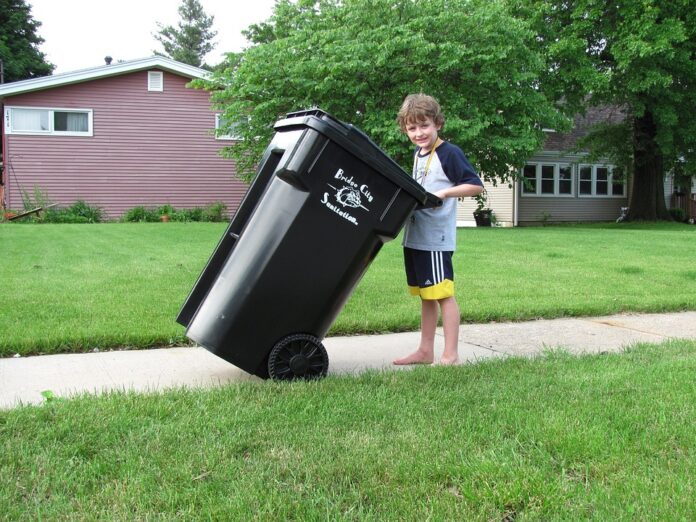Food Waste Shredders, Separators, and Conveyors Explained
In the food industry, managing food waste is a crucial aspect of sustainability and cost efficiency. Food waste shredders, separators, and conveyors play a vital role in processing and reducing food waste in various food production facilities. In this report, we will delve into the functionalities of these equipment, their benefits, industry insights, and the companies that manufacture them.
Food Waste Shredders
Food waste shredders are machines designed to shred and break down food waste into smaller pieces for easier disposal or further processing. These shredders are commonly used in commercial kitchens, food processing plants, and other food-related industries. The shredded food waste can then be composted, used for animal feed, or converted into biogas through anaerobic digestion.
One of the key benefits of food waste shredders is their ability to reduce the volume of food waste, thus saving on disposal costs and decreasing the environmental impact of food waste. Some popular manufacturers of food waste shredders include Hobart, Wastequip, and UNTHA.
Food Waste Separators
Food waste separators are equipment used to separate solid food waste from liquids, such as water or oils. These separators are essential in food processing facilities to ensure that food waste is properly disposed of and that any reusable liquids are separated for further processing. By separating solids from liquids, food waste separators help reduce the weight and volume of food waste, making it easier to manage and dispose of.
Companies like Haarslev, JWC Environmental, and Franklin Miller are known for manufacturing high-quality food waste separators that are efficient and reliable. These separators are crucial in ensuring that food waste is handled in an environmentally friendly and sustainable manner.
Food Waste Conveyors
Food waste conveyors are used to transport food waste from one area to another within a food production facility. These conveyors are designed to handle different types of food waste, including solid, liquid, and semi-liquid waste. By using conveyors, food waste can be efficiently moved from the production line to storage or disposal areas, reducing the need for manual handling and improving overall efficiency.
Companies like Dorner, FlexLink, and Nercon are prominent manufacturers of food waste conveyors, offering a wide range of conveyor systems to suit various food processing needs. These conveyors play a crucial role in ensuring that food waste is managed effectively and safely within a production facility.
Industry Insights and Trends
The global food waste management market is experiencing significant growth, driven by increasing awareness of environmental sustainability and regulatory pressure to reduce food waste. According to a report by Grand View Research, the global food waste management market size was valued at USD 32.7 billion in 2020 and is projected to reach USD 46.4 billion by 2028, growing at a CAGR of 4.5% during the forecast period.
Key trends in the food waste management industry include the adoption of advanced technologies, such as IoT sensors and data analytics, to optimize food waste management processes. Additionally, increasing focus on circular economy principles and sustainable practices is driving the demand for innovative food waste management solutions, including shredders, separators, and conveyors.
Financial Data
The market for food waste shredders, separators, and conveyors is expected to witness steady growth in the coming years, supported by increasing investments in sustainable waste management practices. Companies operating in this sector are focusing on developing cost-effective and efficient solutions to meet the growing demand for food waste management equipment.
Some key players in the food waste management equipment market include Hobart Corporation, Haarslev Industries, and Dorner Manufacturing Corporation. These companies are investing in research and development to introduce advanced technologies and improve the performance of their food waste shredders, separators, and conveyors.
In conclusion, food waste shredders, separators, and conveyors play a crucial role in managing food waste in the food industry. These equipment help reduce the volume of food waste, separate solids from liquids, and efficiently transport waste within production facilities. With the increasing focus on sustainability and environmental responsibility, the demand for innovative food waste management solutions is expected to grow, driving the market for food waste shredders, separators, and conveyors. Companies that invest in developing advanced and efficient food waste management equipment are likely to thrive in this evolving market.


